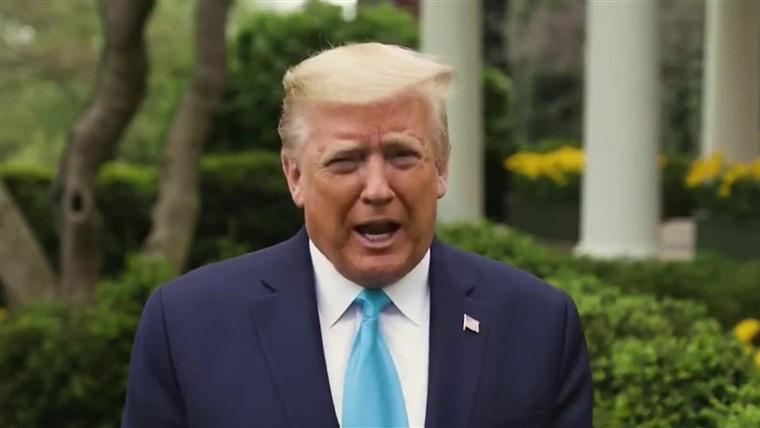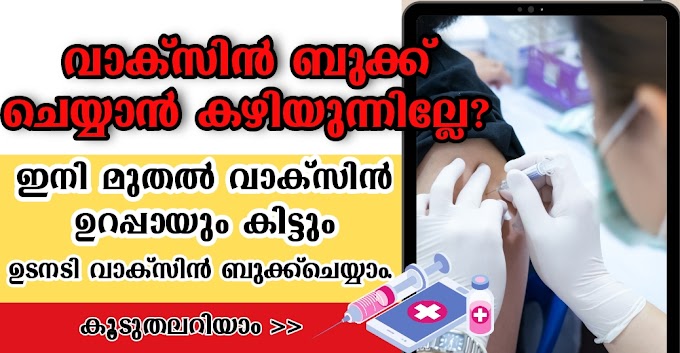As the U.S. leads the world in COVID-19 cases and deaths, aides are cautioning the president about too quickly lifting national social distancing guidelines, now set to expire April 30. An internal debate continues about how best to reopen certain sections of the country at the end of the month, these people said.
"I think we are all expecting or planning for May 1," said a senior administration official, cautioning that major new outbreaks in cities could change the thinking and that no final determination has been made.
Despite the president's determination, it isn't solely in his control. The decision will likely fall to state and local officials, and members of the public will decide when they feel confident to return to work.
"Reopening is both an economic and a public health question," New York Gov. Andrew Cuomo said Saturday, "and I'm unwilling to divorce the two. You can't ask the people of this state or this country to choose between lives lost and dollars gained."
Over the weekend, the president said he would weigh multiple factors to arrive at the "toughest" decision of his administration to date. Trump signaled that he has consulted his top health professionals, business leaders and others whom he described as "smart people" in recent days. The ultimate call "will be based on a lot of facts and instincts," he said. In a Fox News phone interview Saturday, Trump said he would come to a conclusion "fairly soon."
Dr. Anthony Fauci, director of the National Institute of Allergy and Infectious Diseases, said the administration is envisioning what he described as a "rolling re-entry."
"It is not going to be a light switch" for the nation as a whole once restrictions are eased. "Not one size fits all," he emphasized Sunday on CNN.
Stephen Hahn, commissioner of the Food and Drug Administration, wouldn't endorse a specific date for the end of the countrywide guidelines, saying on NBC News' "Meet the Press": "I think we're looking at all these targets. If it can be May 1, that would be great for the American people."
Some industries may be advised to reopen, while others will remain closed, according to senior administration officials, with one comparing the economic approach more to a "dimmer" than an on-off switch.
Officials are exploring different ways to figure out what parts of the country might be equipped to open first and how to pinpoint where the risk of an emerging cluster might be, particularly in the absence of widespread testing for the virus itself or antibodies to it.
But Trump seemed to telegraph his eagerness to restart much of the U.S. in a tweet Sunday evening, urging governors to perfect their testing abilities and to "be ready, big things are happening. No excuses!"
Trump has said he would like to reopen the country with a "big bang."
The motivation to restart the economy — even piecemeal — sooner rather than later may be based on a political calculation by the president that he needs to demonstrate that things are "on the upswing."
A former official close to the president suggested that swing voters make decisions based largely on a single question: "'How do you feel things are going?' If voters feel things are going in the right direction, they'll stick with the president. If you and your family aren't feeling it, you won't."
Explaining Trump's near-daily briefings now, surrounded by high-level officials, the former official said: "It's all about perception that government is in control and has a plan and that things are on the upswing."
Although the general election is still eight months away, the former official said Trump wants to initiate a recovery as soon as possible, in part because he is banking on swing voters' settling early on whom they will support. "You need that gut feeling [for those voters] to occur in mid- to late August," the official said. "People make up their mind in late August, early September."
One of the challenges of reopening certain regions is giving Americans confidence that it is safe to return to work and begin going to restaurants again. Region-based restrictions, however, might be the approach going forward should a significant second wave of the coronavirus occur in the fall and winter months, an official close to the task force said.
There is also consistent debate over how the president's guidance might square with state executives' stay-at-home orders. Some states, like California and Virginia, have already extended their social distancing rules beyond May 1. New York Mayor Bill de Blasio announced Saturday that the largest public school system in the country would remain closed for the rest of the academic year.
Late last month, Trump wanted to pack the pews on Easter Sunday and have the economy "opened up and just raring to go" before conceding that that was a purely "aspirational" goal. After that, his top aides warned him not to set such specific dates in the short term while the illness is still ravaging hot spots nationwide, especially in New York. Two days later, the president extended the guidelines by an entire month.
This week, Trump is set to unveil his "opening our country council," which will be a separate entity from the coronavirus task force and will feature what he described as economic experts, medical professionals, elected leaders and members of the business community. The smaller group will meet less often than the larger one headed by Vice President Mike Pence, according to a senior administration official.
White House lawyers worked throughout the weekend to identify any potential issues that could arise by working with the private sector on the coronavirus response. "We have to look very carefully to make sure that these companies don't have any conflicts of interest. It is very complex," an official said.
Juggling between economic and health concerns continues to be a challenging balancing act for the president and the administration. "People losing jobs is not good for their health, either," another official cautioned.
Trump made a similar point during his briefing Friday. "Staying at home leads to death, also," he said.











